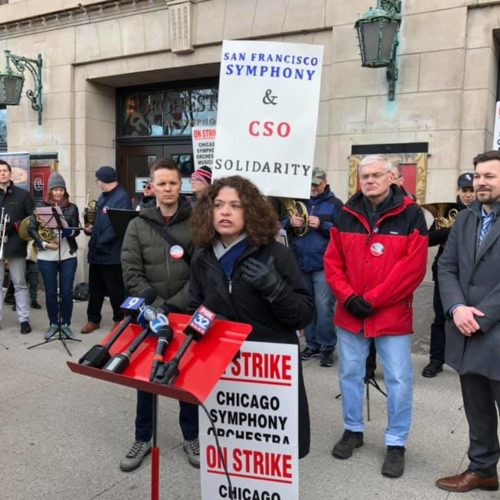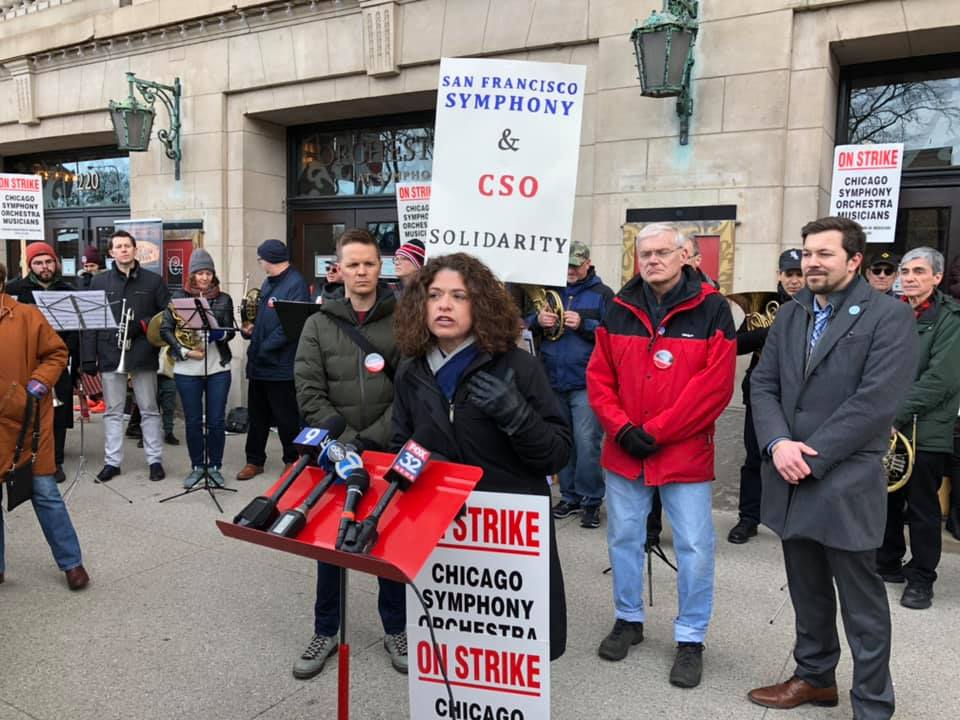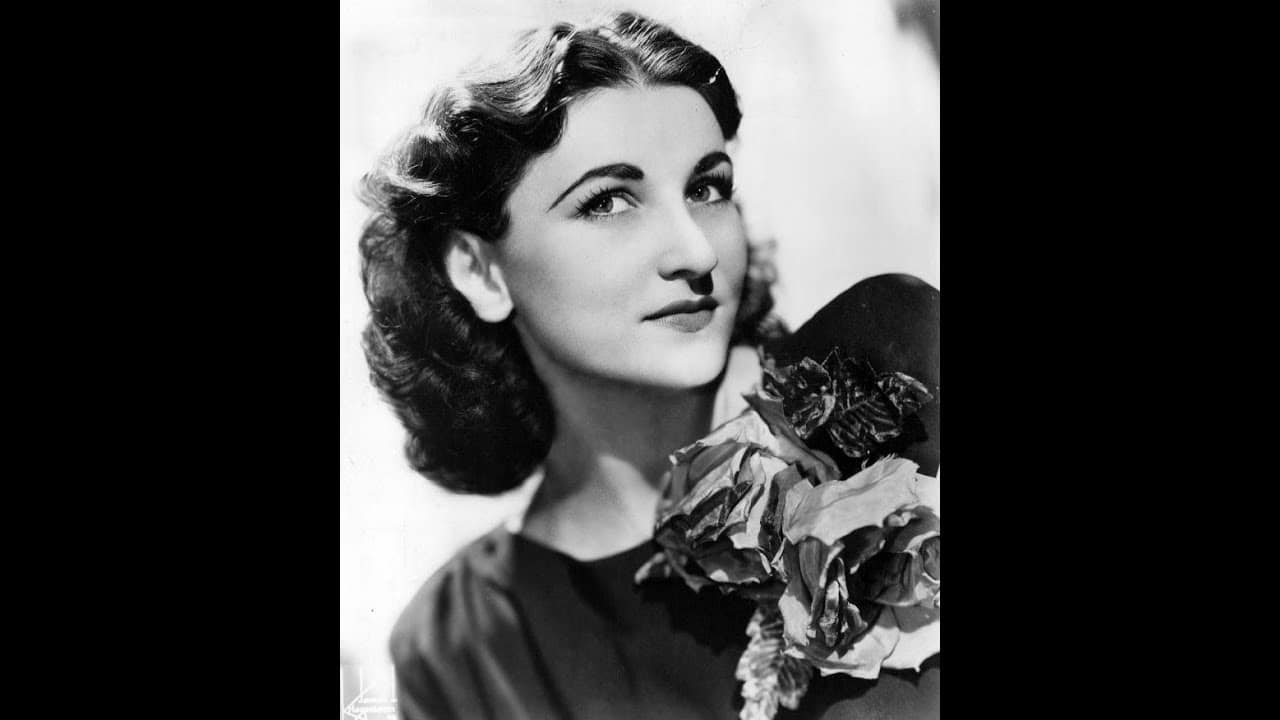Chicago musicians reject ‘last, best and final offer’. The strike goes on
mainThe musicians say the Board proposal would:
Freeze the pension plan at its current level, prohibiting new hires from joining and denying nearly 2/3 of the orchestra currently in the pension plan any guarantee to increase their retirement benefit. New employees would get no guaranteed retirement benefit.
It would also limit the base salary increase to an average of 2.3% per year over five years,
· hardly keeping up with inflation;
· not making up for the losses over the past five years since the last contract; and
· putting the CSO farther behind the salary offerings of San Francisco and Los Angeles.
‘We are extremely disappointed that management refuses to hear the Musicians’ concerns about a secure retirement for the Musicians and a secure future for the CSO’, said Steve Lester, Chairman of the Musicians’ negotiating committee. ‘In contrast, the proposal put forth by the Union – but rejected by the Board — fully addressed management’s alleged concerns about unpredictable pension funding while guaranteeing the Musicians and the Orchestra the security deserved.’
The Board says:
The Association now faces the need to review the CSO season schedule and cancel additional concerts as needed due to the musicians’ decision to continue to strike. ‘Throughout these negotiations we have continued to listen to the concerns of our musicians and have directly responded with proposals that provide an exceptional, comprehensive compensation package. With the final offer on Sunday night, we have proposed a long-term agreement that would allow the parties to repair their working relationship, bring stability to the
organization, support the musicians in a transition to a new retirement benefit and grow the annual base salary by 12%, retaining a contract that remains at the top of our industry,” said CSOA President Jeff Alexander.#
The Board’s final offer included:
5-year agreement vs. a 3-year agreement;
Annual salary increases each year of 2%, 2%, 2%, 2.5% and 3% reaching an annual minimum base pay of $178,152 in the final year of the contract vs. the 1%, 2%, 2% reaching an annual minimum base pay of $167,094 in the final year of the contract;
A phased transition of the retirement plan for current members of the Orchestra. Each musician can select from two options (July 1, 2020 or July 1, 2023) for the date of their transition from the Defined Benefit (DB) pension plan to a Defined Contribution (DC) plan, depending on what best suits their individual needs. Until then, they can continue to earn benefits under the DB plan.
Increase in the annual employer contribution for the new DC plan from 7% to 8% for all current and new musicians;
Special, additional transition contributions for three years, based on current musicians’ years of service and age. 67 musicians would receive the maximum additional contributions from the Association into their individual retirement accounts – totalin more than $90,000 in the first three years of the transition;
To directly address the musicians’ stated desire for protection from potential shortfalls in their DC accounts, the Association added an investment protection feature to provide security of their annual benefit in retirement.







Comments